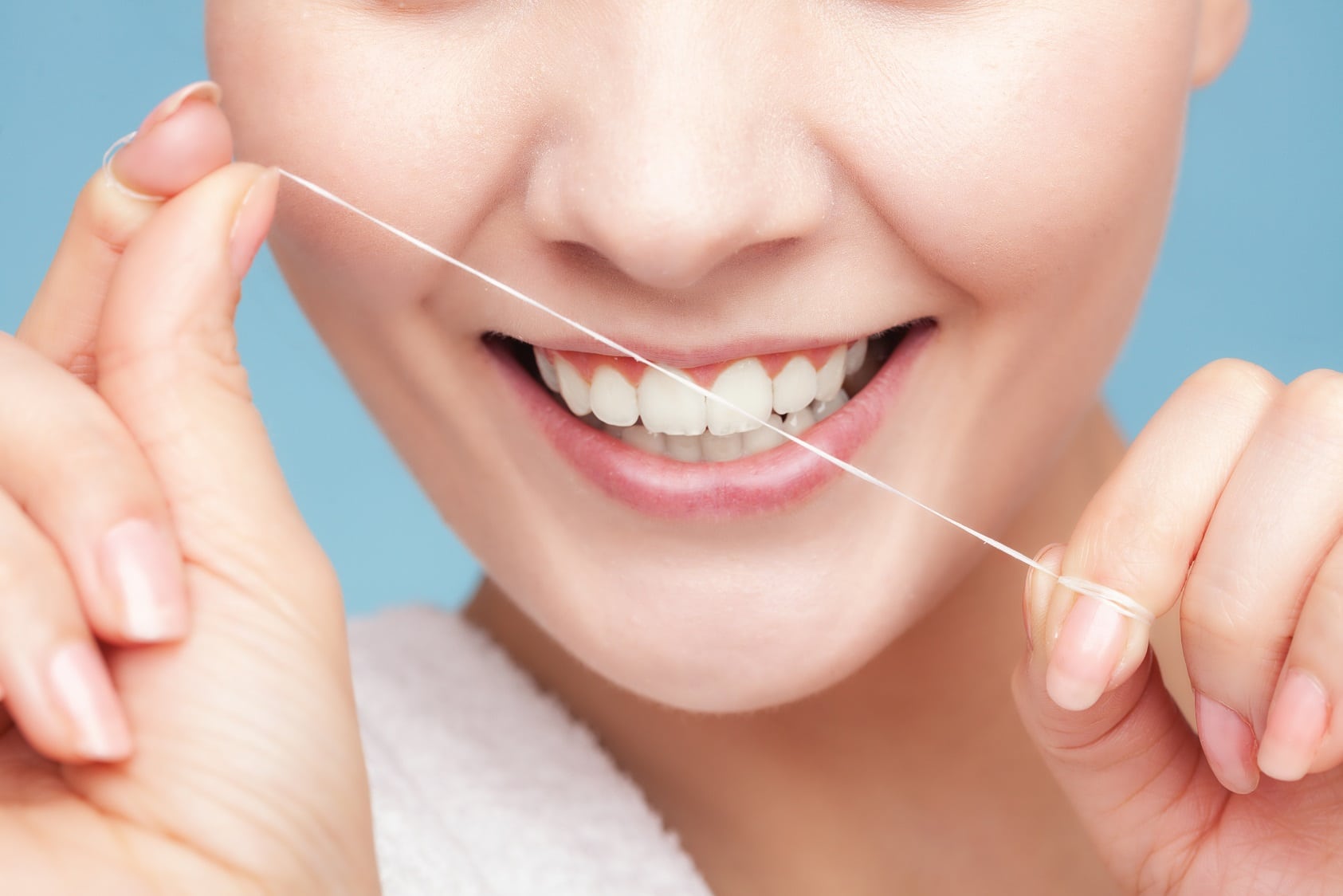There may be few things more disappointing than taking a bite of food and feeling the sharp twinge that signals a cavity. This is especially true if you take great pride in protecting your oral health, brushing twice or more every day and flossing at least once every day. Unfortunately, even the cleanest and most well-cared-for teeth can still be susceptible to cavities. However, there are ways to minimize the risk of developing cavities by preventing or resolving the conditions that can contribute to cavities.
Conditions That Can Contribute to Cavities
If you feel like you are constantly dreading your next trip to the dentist’s office, and holding your breath as you wait to hear how many cavities you have, chances are there are things you may be able to change in order to reduce your risk of developing cavities. To that end, consider the following:
- Your Oral Hygiene Habits. You definitely need to brush your teeth at least twice a day and floss your teeth at least once a day, but if you find that you are doing this and still experiencing frequent cavities, you may need to assess how you are brushing and flossing. Are you using a good, soft-bristled toothbrush? Are you brushing gently for at least two minutes each time, being sure to brush every surface of every tooth? Are you using fresh floss for each pair of teeth and making sure to curve down under the gums? If you aren’t sure, have your dentist help you learn and practice proper brushing and flossing techniques.
- Crowded Teeth. When teeth are crowded together they tend to overlap in places, and these areas are difficult or impossible to reach and clean with toothbrush or floss. This can result in bacteria buildup and cavities. If your teeth are crowded, talk to your dentist about your options. They may recommend braces, or in some rare cases they may suggest the removal of one or more teeth.
- Diet. A diet that is high in sugar and carbohydrates can result in the development of cavities–even if you brush and floss exactly the way you should. This is because the harmful oral bacteria that contribute to the development of cavities depend on sugars and carbohydrates in order to survive. Candy, soda, alcohol, bread, pasta, high starch foods and tobacco are just a few of the foods and beverages that can contribute to a higher risk of cavities.
- Digestive Disorders. Some digestive disorders can cause bile or stomach acid to enter your mouth. These things can cause even faster tooth erosion than harmful oral bacteria, leading to cavities, gingivitis and even gum disease. If you are suffering from a digestive disorder, you should see your physician as soon as possible in order to resolve this condition.
- Dental Visits. You’ve surely heard it a million times, and you’ll likely hear it a million times more–it’s absolutely essential to your oral health that you visit the dentist at least twice each year for professional dental cleanings. You simply cannot produce the same results at home as your dentist can produce in the dental office. They have special tools and techniques that can ensure deeper, more thorough cleaning so that bacteria cannot build up and lead to the development of cavities. Furthermore, where cavities have occurred, your dentist can treat them so that they do not worsen and lead to tooth loss.
While some individuals have been disappointed to discover that excellent at-home oral hygiene habits do not necessarily prevent them from developing cavities, the fact is that cavities can be prevented if one combines excellent at-home oral hygiene habits with twice-yearly dental cleanings, a good diet and good health. For more information about what you can do to prevent cavities, contact your dentist, Dr. Saferin, today.


